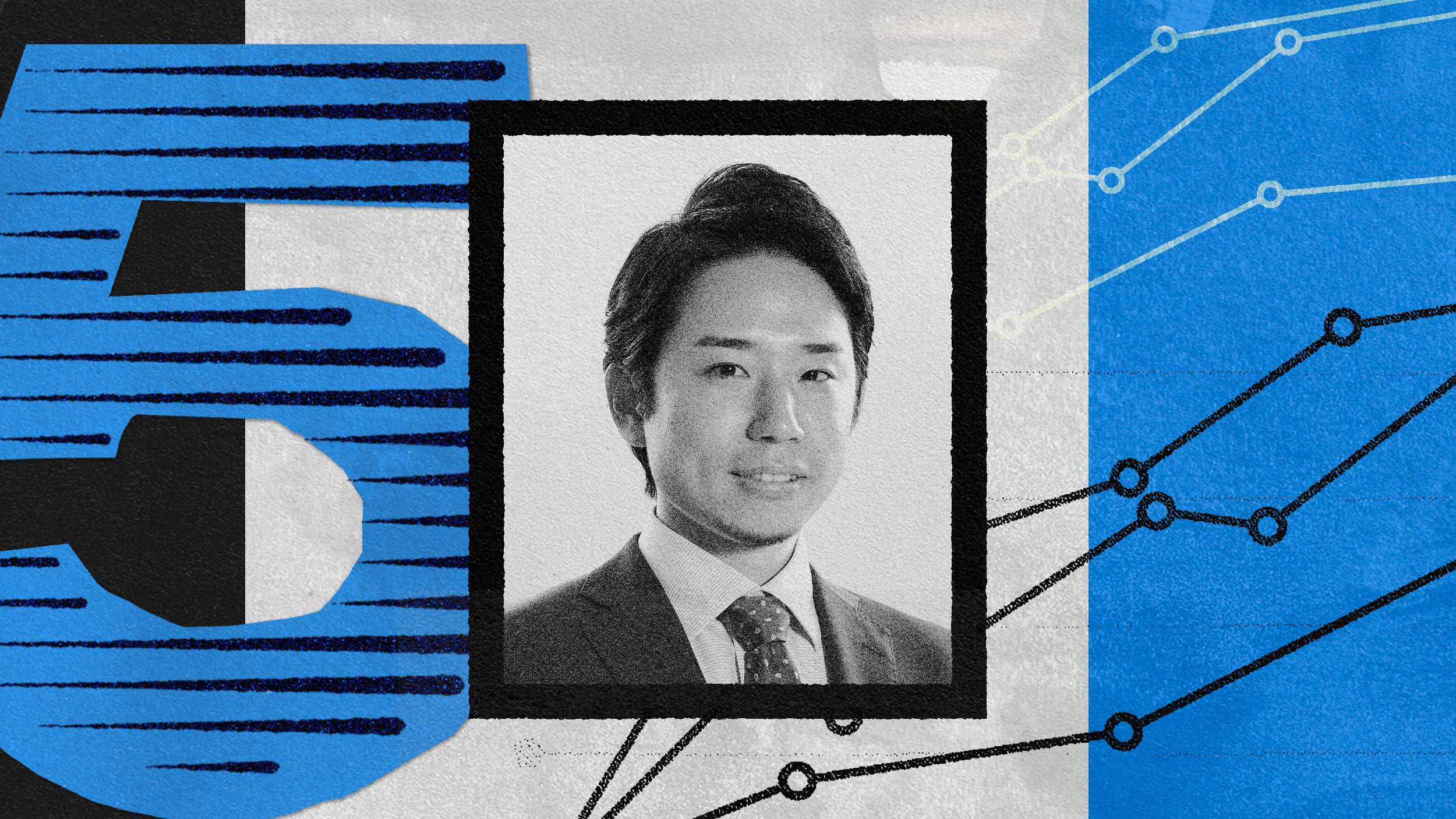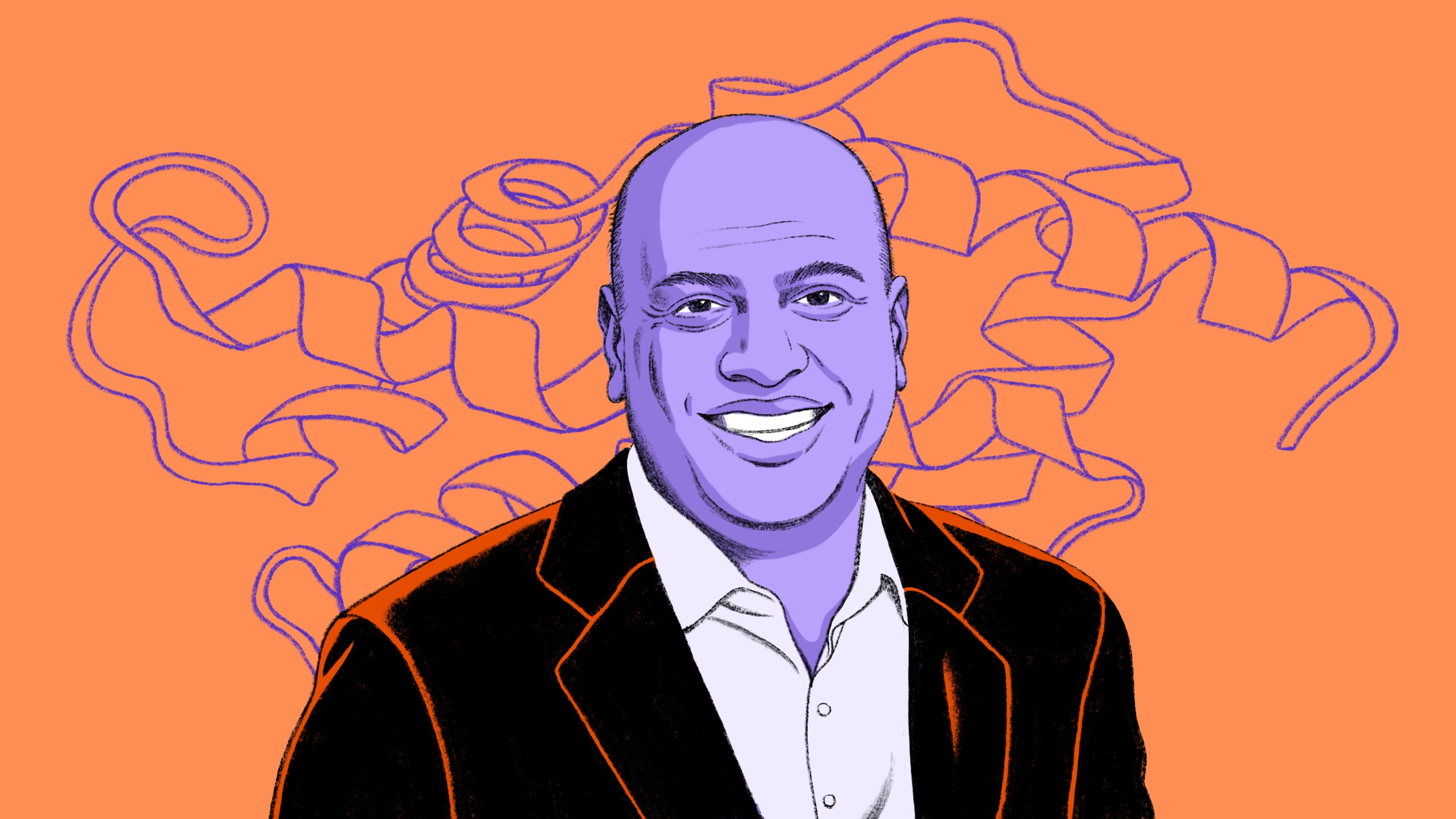How to Start a Business, and Fast

What’s the Latest Development?
Harvard Business School’s entrepreneur-in-residence thinks the idea of emulating successful entrepreneurs is a tired one because it relies on impossible strategies like ‘being in the right place at the right time’ and possessing ‘innate entrepreneurial talents’. Eric Ries says that “Executing a great vision has more to do with being taught the science behind efficiently managing risk and failure.” With that belief, he began teaching what he calls the science of entrepreneurship.
What’s the Big Idea?
Doing the science of entrepreneurship entails experimenting with different market strategies and business features, says Ries. And to have the freedom to experiment, companies must be lean and agile. “Think big; start small,” he says. “A lean startup looks around for anything to help build the ‘minimum viable product’ and immediately begins learning and building with customers, so you can fail more quickly and move on.” The problems which business can solve are too big to risk over-investment in a bad idea.





